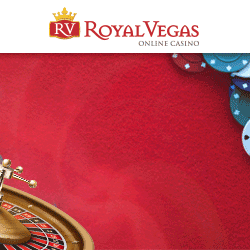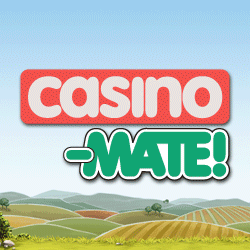Te Whatu Ora – Health NZ is cutting funding to The Salvation Army’s Gambling Addiction treatment clinics. This will end their three-decades-long support. Te Whatu Ora – Health NZ has stated that they are opting for a more specialised provider from next year. The Salvation Army’s Oasis programme began in Auckland in 1997.

The Salvation Army will be ringing the bell for donations now that Health NZ has axed funding.
©Tim Mossholder/Unsplash
A representative of The Salvation Army said that they will have to drastically cut jobs from early next year, now that their government funding is over. Dozens will soon be out of employment once the government funding freeze kicks in. There are seven main Oasis centres that the Salvos run, along with eleven smaller satellite branches.
The Oasis clinics currently offer in-person as well as remote assistance to gambling addicts and their loved ones. The Salvos are a Christian service organisation, but offer their help to any in need, regardless of denomination. They have operated in New Zealand for over 130 years. The therapy modalities employed by the Oasis programme are not considered Best Practice and this is potentially part of why they lost their funding.
The therapies used by the Salvos; Cognitive Behavioural Therapy (CBT), Acceptance Commitment Therapy (ACT) and 12 Step Programs were popular last century. More modern Best Practice clinics incorporate Self-Compassion, Mindfulness and other Dialectical Behaviour Therapies (DBT). 12 Step Programs often refer to a Christian God concept and are therefore not always appropriate for people from all cultures.
The Oasis programme offers multiple services: counselling to addicts and their families by phone, face-to-face, or over internet; gambling-focused education; help to self-exclude from online and in-person gambling; essential services such as budgeting, food assistance, housing, work and income assistance, legal help and, mental health services. For those open to it, they also offer religious services; pastoral support and a “Recovery Church”.
“The Salvation Army’s Oasis Centres have helped more than 2,000 New Zealanders each year.”
Every year the Ministry of Health would put out a Request for Proposal (RFP) for Preventing and Minimising Gambling Harm and each year The Salvation Army won the tender. The Salvos expanded slowly over the decades, and their Oasis centres and satellite clinics for Gambling Addiction treatment cover the North and South Islands. At least, they will for another two months.
Rod Care, the National Addictions Director for The Salvation Army said, “This year, we thought we put in a really good RFP. We concentrated heavily on peer support and experienced workers. We had a new initiative of a multi-peer support model and we also have strengthened our services for Māori within the Salvation Army. To be honest, we’re really disappointed to miss out completely.”
Care said that they received a simple short email about their unsuccessful proposal from the Ministry. It thanked them for their past services and told them that they had not received funding approval again. The director was surprised that such a short written text was used to end their multi-decades long relationship with Manatu Haora’s Gambling Addictions department.
The Salvation Army Oasis programme had increased Maori representation in their staff and services in recent years. According to Health NZ, a higher percentage of gambling machines are found in high deprivation areas and those areas are more likely to be populated by Maori and Pacific Island residents. And yet, despite the increase of Maori and Pacific Islander representation, the Salvos lost out to an as yet unnamed organisation. Workers in the gambling addiction industry are waiting expectantly for the organisation’s name to be revealed so that they can apply for job positions with them for the New Year.
The Director of the Gambling and Addictions Research Centre at Auckland University of Technology, Maria Bellringer, said that the sudden change of providers could damage the larger population of gambling addicts currently in treatment. The loss of connection to their current therapist was likely to cause some vulnerable patients to drop out of therapy altogether.
“The therapeutic relationship is a huge part of someone’s healing process. If that relationship is lost because the provider is no longer operating, [patients] may not have the strength to find someone else because it takes a lot of courage to seek help and say to someone ‘I’m in trouble because I’m gambling too much’.”
Bellringer also raised concern that the future provider may not be as wholistic as The Salvation Army, who can offer a wide range of essential and quality of life services. She hopes next year’s gambling addiction services provider will be able to offer the same level of support and knowledge as the Salvos.
“The Salvation Army have a lot of institutional knowledge because they’ve been providing the service for so long and have always been really keen to collaborate in research, to reduce and understand gambling harm. To lose them as a research collaborator and partner because they’re no longer operating gambling services is actually going to be a huge loss to gambling research.”
The Oasis programme will close its doors at the end of January 2024.




